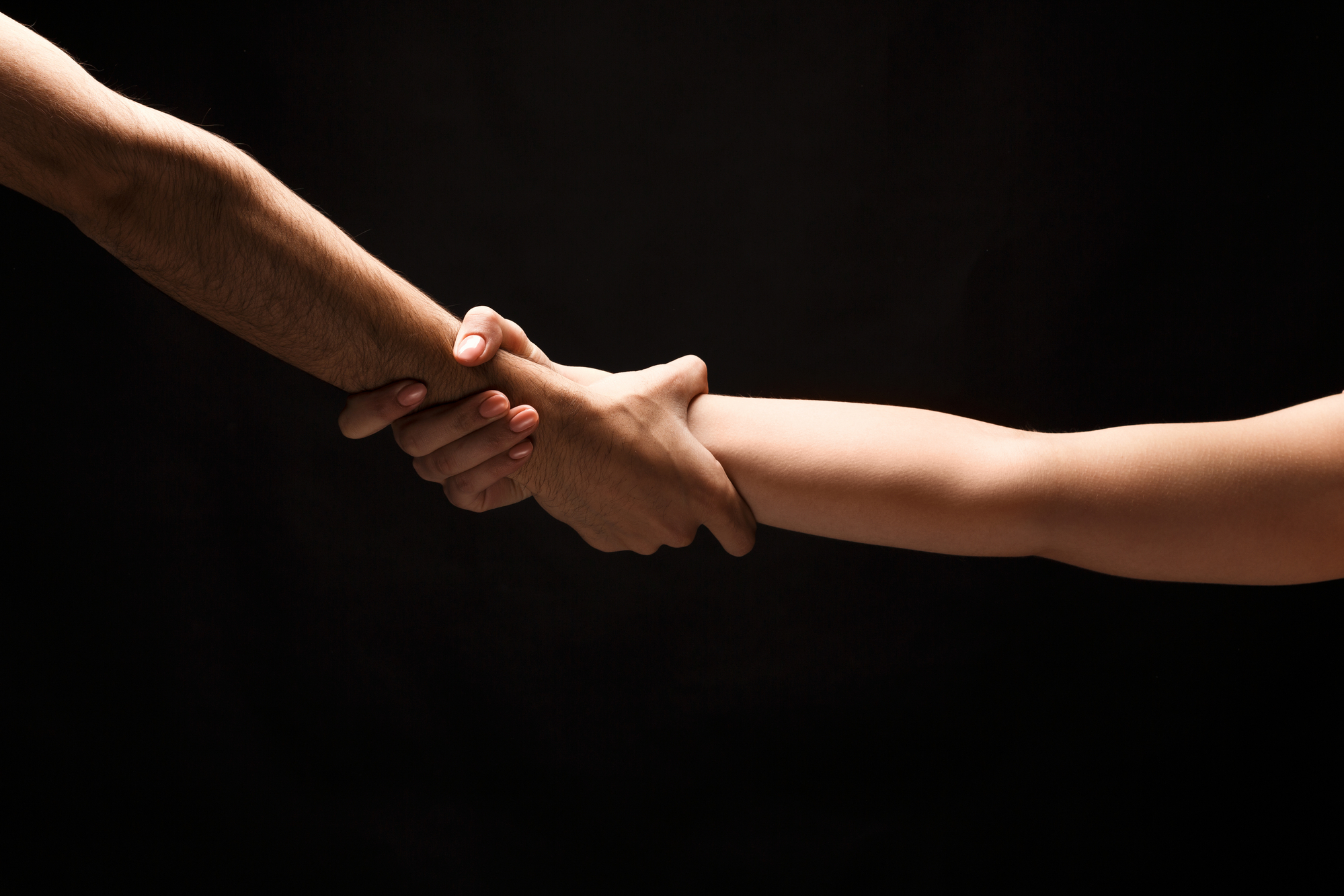Crises bring out the worst and the best in humanity.
We all know about the worst: Price-gouging on health essentials. People hoarding soap and toilet paper. Snake oil salesmen peddling myths about miracle cures. Commuters freaking out when someone sneezes on the subway.
These actions get disproportionate attention. Outrage sells newspapers, and drama produces clicks and retweets. But the ordinary acts of kindness that represent humanity’s best don’t make the news.
Yet, humanity’s best—our better angels—are everywhere, if you know where to look.
The health worker on the front lines who risks contracting the virus from every sick person she treats.
The ordinary citizen who resists the reactionary impulse to blame the pandemic on one country, one policy, one person, or one group.
The friend who views your health anxiety with compassion, rather than dismissal.
A community in quarantine that transcends physical boundaries and relies on the common language of music to say, This too shall pass.
The perfectly healthy young person who stays home, knowing that an asymptomatic individual can still infect others.
Physical distancing has the paradoxical potential to bring us closer together. Crises can jolt us out of our self-centered trance, allow us to tap into our collective consciousness, and prompt us to be gentler and kinder to one another.
After all, pandemics cut through social boundaries and remind us of our shared humanity. The virus doesn’t care about your political beliefs, your religion, or your social status. A Hollywood celebrity, the spouse of a high-powered prime minister, or a postal worker—they’re all vulnerable.
Yes, the pandemic will take its toll on us (particularly on individuals in the lower economic strata). Economies will wither. Loved ones will suffer—if not physically, then emotionally.
But only temporarily.
Because it’s darkest right before dawn. Without the dark, there is no morning of light. Until morning arrives, we can rise up to the challenge and remember that we rise and fall in unison. When united, our collective capacity to confront crises is far greater than we assume.
We didn’t choose what’s happening to us. But we can choose how to react.
You can choose to buy a gift card to your favorite restaurant or local business so you can sustain them in this time of crisis. You can choose to continue paying service providers (e.g., your dog walker, fitness instructor, house cleaner) even if they have to stop working. You can choose to reach out to an anxious friend with a simple “I’m here for you.”
I am my brother’s keeper.
I am my sister’s keeper.
Even as the world around me descends into chaos, my humanity will remain intact.
We’ll grieve collectively. We’ll heal collectively. We’ll then pick up the pieces and we’ll create even better tomorrows.
And out of the dusk, a new dawn will emerge.
P.S. From today until April 14, 2020, I will donate 100% of the royalties from the pre-orders of my book, Think Like a Rocket Scientist, to provide monetary relief to the readers of this newsletter who are experiencing financial hardship because of the pandemic.
Pre-orders for the book previously generated $11,000 in donations for charity:water, and I’m confident we can run another successful campaign to help those in need.
After you pre-order the book (Amazon, Barnes & Noble, and IndieBound), please be sure to forward your receipt to rocket@ozanvarol.com. This is the only way for us to keep track of orders and calculate donations.
If you’re experiencing financial hardship, please fill out this short application to explain how COVID-19 is affecting you, how much funding you need, and what you’ll use the funding for. Funding will be provided to cover three categories of expenses: (1) medical expenses; (2) food and other essential supplies; or (3) living expenses (including rent or mortgage).
Applications will be reviewed on a rolling basis. We’ll award funds once a week.
Bold



